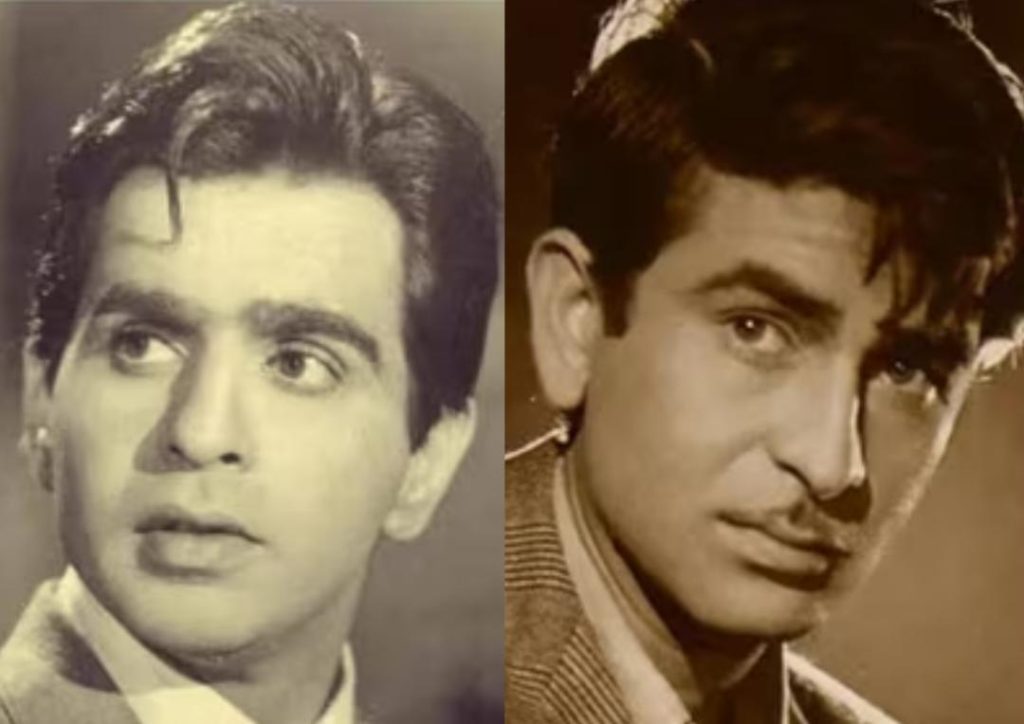
Dilip Kumar & Raj Kapoor’s Homes in Peshawar to be Turned into Museums
The news of the ancestral homes of legendary actors Dilip Kumar and Raj Kapoor in Peshawar, Pakistan, being turned into museums has sent shockwaves of excitement across the globe. The Khyber Pakhtunkhwa government has announced plans to renovate and transform these iconic buildings into heritage museums over the next two years. According to the Director of Archaeology, Dr. Abdul Samad, the estimated cost of the project is ₹7 crore. This ambitious initiative aims to make these cultural landmarks focal points for tourists, providing a unique glimpse into the lives and legacies of two of India’s most beloved cinema icons.
Dilip Kumar, a legendary actor known for his iconic roles in films like “Mughal-e-Azam” and “Ganga Jamuna”, was born as Muhammad Yusuf Khan in Peshawar in 1922. The actor’s ancestral home, which is situated in the heart of the city, is a testament to the rich cultural heritage of the region. The house, which is over 100 years old, is a beautiful example of traditional Peshawari architecture, with intricate wooden carvings and ornate tile work.
Raj Kapoor, on the other hand, was born in 1924 in Peshawar as Ranbir Raj Kapoor. The legendary actor and director, known for his iconic roles in films like “Awara” and “Shree 420”, was also born in Peshawar. His ancestral home, which is located in the same city, is a stunning example of colonial-era architecture, with a blend of Indian and European styles.
The decision to turn these homes into museums is a significant step forward in preserving the cultural heritage of the region. The Khyber Pakhtunkhwa government’s initiative is not only a tribute to the legendary actors but also a recognition of the importance of preserving cultural landmarks. The museums will provide a unique opportunity for tourists and cinephiles to experience the rich history and legacy of Dilip Kumar and Raj Kapoor, who were not only iconic actors but also cultural ambassadors of India.
The renovation process is expected to take over two years, with the estimated cost of ₹7 crore. The government has promised to maintain the original architecture and charm of the homes, while incorporating modern amenities and exhibits to make the museums interactive and engaging. The museums will feature exhibits on the lives and careers of Dilip Kumar and Raj Kapoor, including memorabilia, costumes, and props from their films.
The decision to turn these homes into museums has been widely welcomed by film enthusiasts and cultural organizations across the globe. The move is seen as a significant step forward in promoting cultural exchange and understanding between India and Pakistan. The two countries have a rich and complex history, with many cultural and artistic ties between them. The renovation of these homes into museums is a testament to the enduring power of art and culture to bring people together and transcend borders.
In conclusion, the decision to turn Dilip Kumar and Raj Kapoor’s ancestral homes in Peshawar into museums is a significant cultural initiative that will provide a unique glimpse into the lives and legacies of two of India’s most beloved cinema icons. The renovation process will not only preserve the cultural heritage of the region but also promote cultural exchange and understanding between India and Pakistan. As the project unfolds, it will be exciting to see how these iconic homes are transformed into museums that will inspire and educate generations to come.






